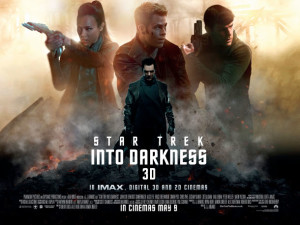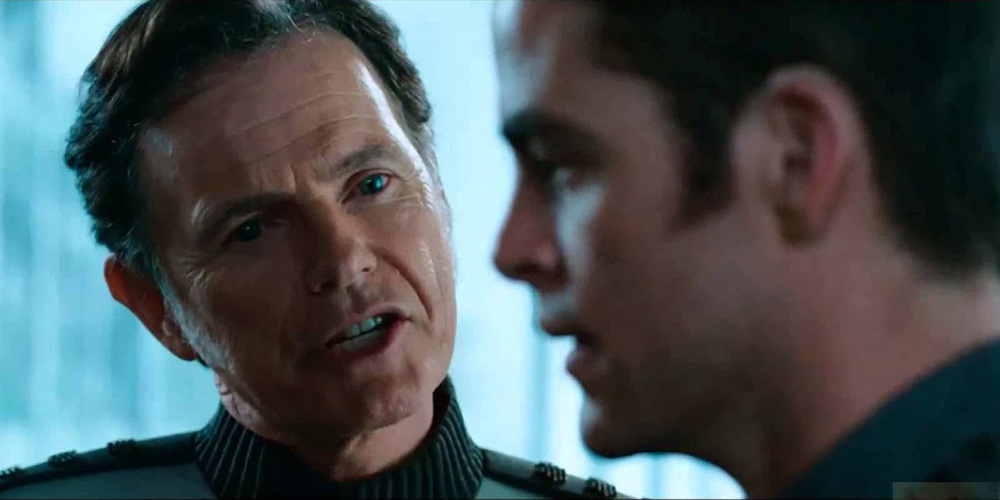Think for a moment about the decisions you make. Do you go by your gut instinct, the unconscious part of your thinking? Or do you let your rational, conscious mind take over?
The answer, for most of us, is a little of both. And often we’re not even aware of it.
One leader whose actions are driven by gut instinct is Starship Enterprise captain James T Kirk. At the beginning of Star Trek Into Darkness, Kirk is faced with the dilemma of saving his friend, Spock, or breaking the prime directive which governs all of Starfleet’s activities. Kirk barely thinks twice – saving Spock feels to him like the right thing to do, and he doesn’t hesitate.
Kirk’s tendency to act on his instincts means he’s quick to take action. He sums up situations and reacts, rather than waiting for more information. He’s not afraid to take the tough decisions that others wouldn’t, and expose both himself and his team to the risk of failure.
I have no idea what I should do. I only know what I can do.
James Kirk
In Blink, Malcolm Gladwell outlines both the power and drawbacks of our unconscious mind. When we know a lot about a subject, or when we face complex decisions, our gut instinct often turns out to be right.
But our instincts can also be thrown off course by our prejudices, often without us realising. So finding the right balance between our gut instinct and rational thought processes is the key to good decisions.
In Kirk’s case, his willingness to act on instinct, to take action, to take risks, marks him out as a leader of great potential. But relying solely on instinct can also be reckless.
It’s a flaw obvious to his mentor, Admiral Pike, whose challenge to Kirk’s inflated ego in Star Trek is what persuades him to join Starfleet in the first place. Pike recognises Kirk’s instinctive brilliance but is frustrated by his over-confidence and lack of maturity, and has no hesitation in demoting him after his initial stunt at the beginning of Into Darkness.
There’s greatness in you, but there’s not an ounce of humility. You think that you can’t make mistakes, but there’s going to come a moment when you realise you’re wrong.
Admiral Pike
But Kirk gradually begins to understand the importance of balancing his gut instinct with a more rational approach. In this respect his key lieutenants, Spock and McCoy, make excellent foils. Spock’s approach is based almost entirely on logic, while McCoy leads with his emotions.
Together, they make a well-balanced leadership team, but only if Kirk can develop the maturity to listen to them with an open mind. And in Star Trek Into Darkness, Kirk does just that. He develops the humility to listen and consider alternative views, while never ignoring his gut instinct and always accepting that, as the one in command, the buck stops with him.
So the next time you’re making a decision, think about the rational argument for sure. But don’t ignore that nagging little voice that’s revealing your gut instinct. It might just have a point.






